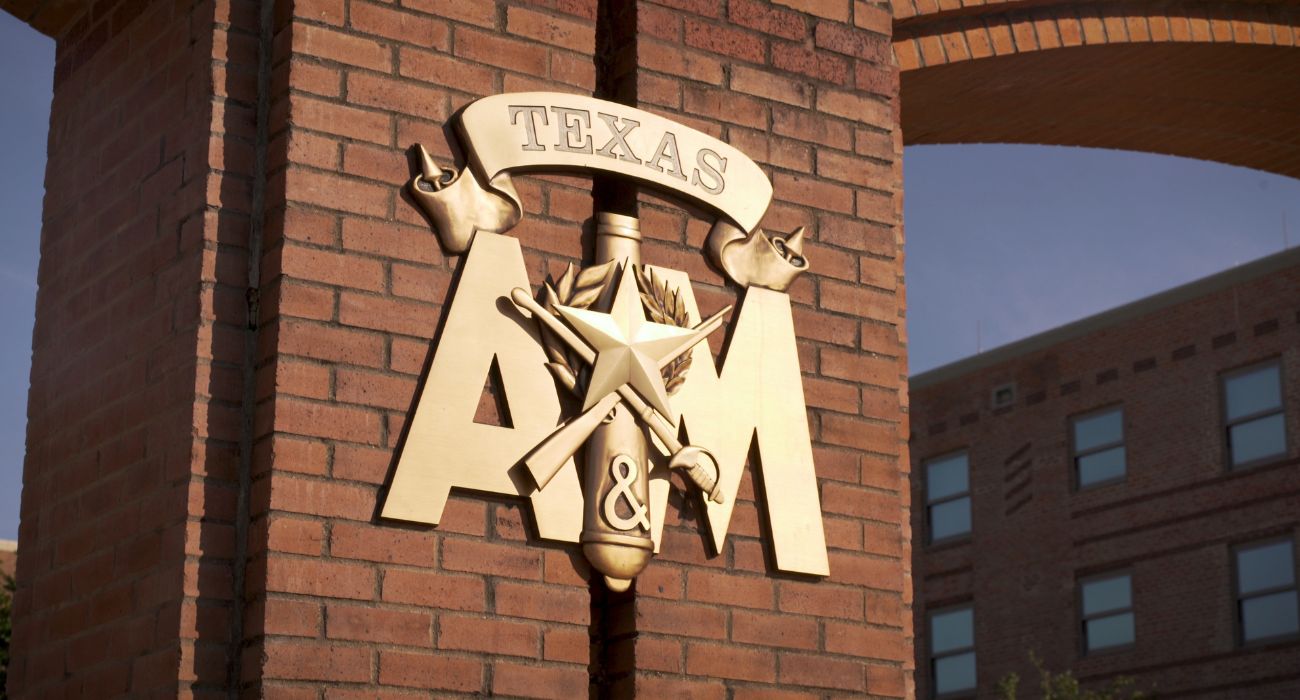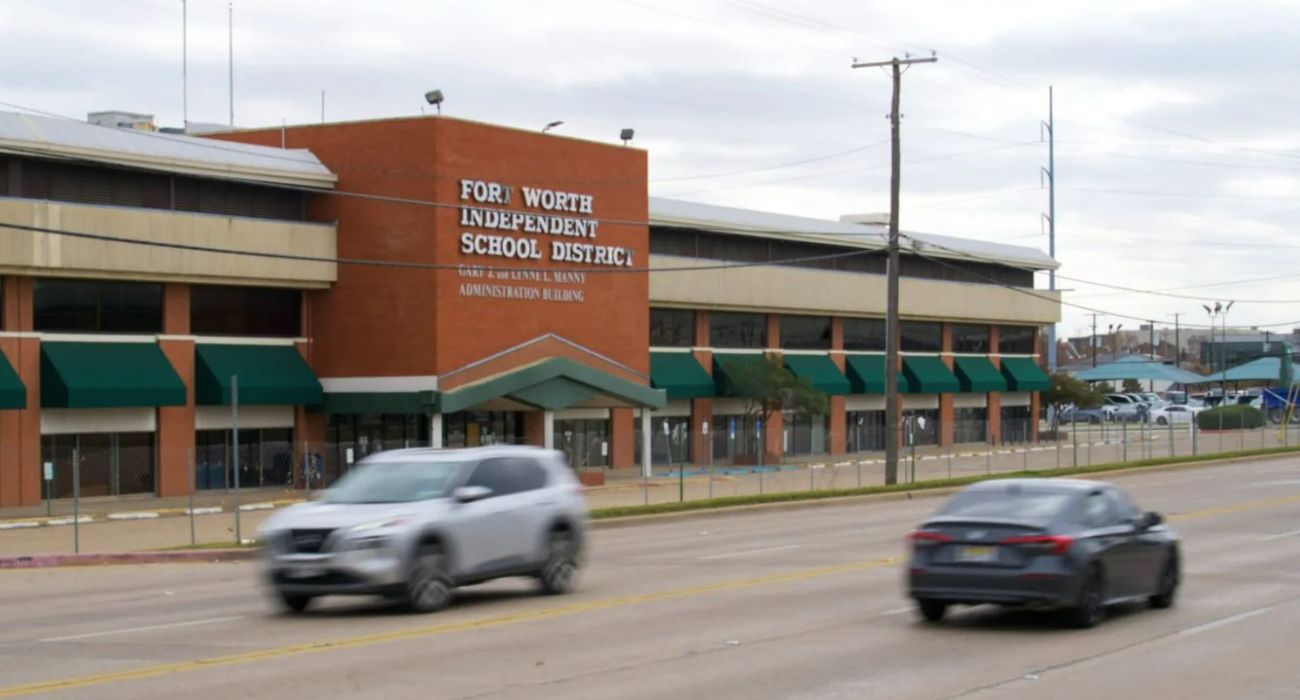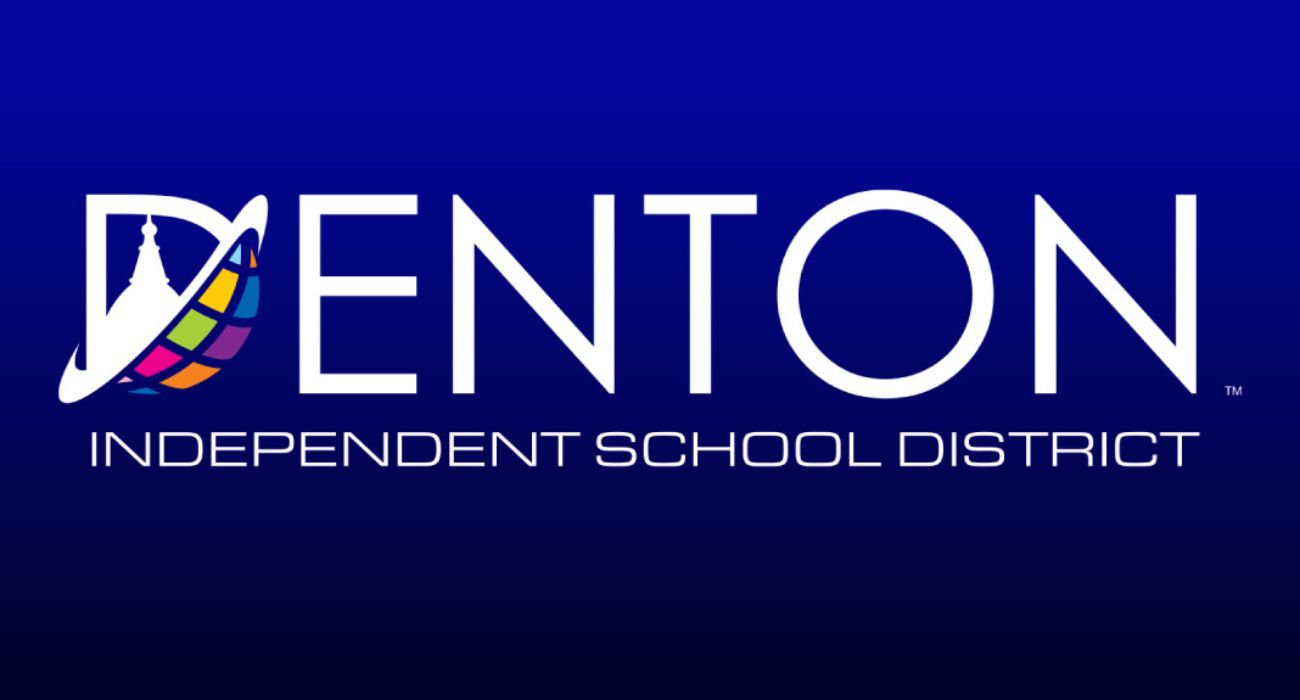Chancellors from the six largest university systems in Texas are hoping to acquire almost $1 billion in state taxpayer funding in exchange for their promise that they will keep tuition costs at a set rate for the next two years.
The Legislature is currently deciding where to put a surplus of $32.7 billion.
Chancellors sent out a letter last month to Lt. Gov. Dan Patrick, House Speaker Dade Phelan, and two legislative budget writers containing several investment propositions.
The chancellors involved include James Milliken of the University of Texas System, John Sharp of the Texas A&M University System, Michael R. Williams of the University of North Texas System, Renu Khator of the University of Houston System, Tedd Mitchell of the Texas Tech University System, and Brian McCall of the Texas State University System.
In the letter, the chancellors state that tuition is becoming more expensive due to inflation, supply-chain delays, and labor shortages. These costs are making college tuition increasingly expensive.
The chancellors’ school systems receive most of their funding from the state via taxpayer dollars and from student tuition.
Students would not have to deal with the rising cost of tuition if the school systems were to receive more state funding, the letter argues.
The chancellors put forth a series of requests and proposals for where the funding would be allocated, the sum of which adds up to nearly $1 billion.
These requests include $352 million from the state, a 7% increase in funding. This money would be allocated through a funding formula for university buildings, campus construction, instruction, and research.
The chancellors are also asking for an additional $80 million in funding for regional universities such as Texas A&M International University in Laredo and the University of Texas at Tyler.
In 2021, the school systems waived a total of $176.4 million in costs for the Hazelwood Legacy Program, which aids veterans and their families in affording tuition costs. The state reimbursed the schools for 13% of the costs waived.
The school systems are now asking for an estimated $276 million in taxpayer money to cover the program costs, claiming that the amount is necessary to avoid “unduly penalizing tuition-paying students” and to start off the next fiscal period without a funding deficit.
The chancellors’ last request was for the state to assist them with the cost of employee health insurance. For this, they asked for an additional $290 million.
In recent years, states — including Missouri, South Carolina, and Kansas — have increasingly struck deals with public universities to freeze tuition rates in exchange for greater funding.
In 2020, the University of Utah introduced a tuition freeze in response to the COVID-19 pandemic. The Daily Utah Chronicle reported that though it may immediately give some financial relief to college students, a freeze could cause an increase in tuition costs in the coming years.
“There’s also a risk that tuition could jump higher after a few years to make up for the loss of the freeze.”
Following a three-year freeze, the University of California consequently raised tuition by 5% in 2014.






